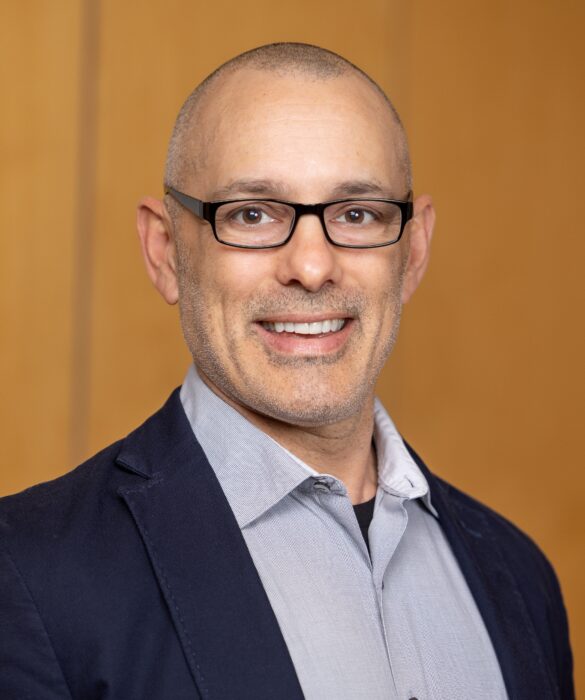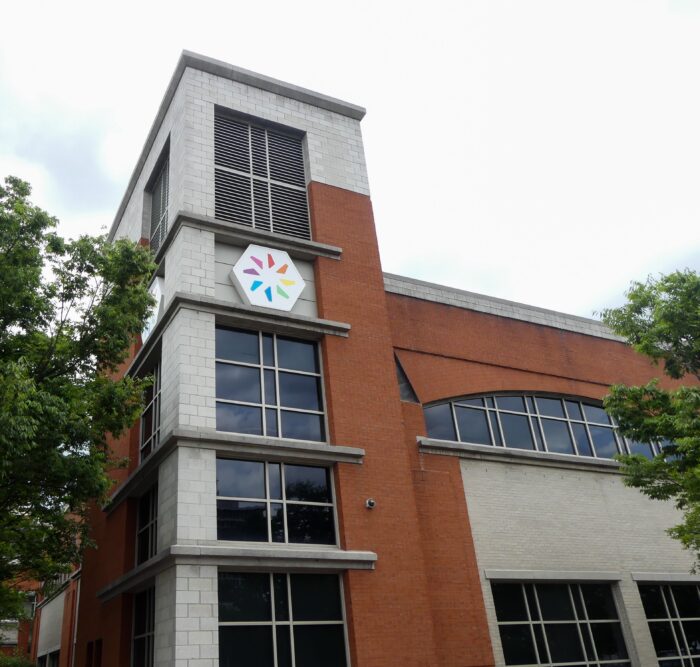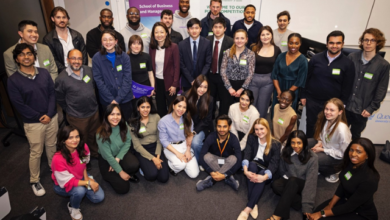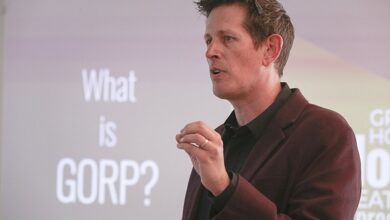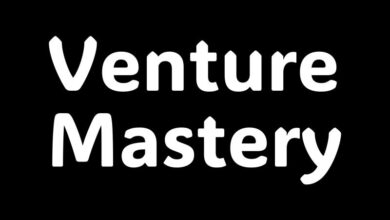Life sciences startup support program looks to boost biohealth industry in Richmond
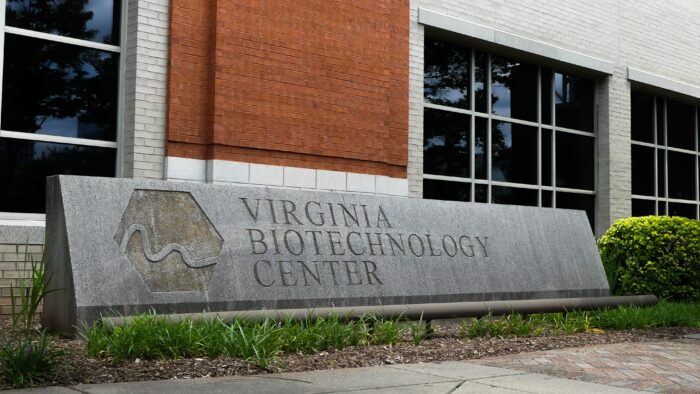
Efforts are afoot to make Richmond more of a player in the biohealth industry.
Downtown-based Activation Capital is launching the Frontier BioHealth program to provide training and mentorship for up to 10 startups from August to November to groom life sciences companies in the area for the long term.
Activation Capital Vice President of Entrepreneurship Jim Pannucci said the program is a nod to the group’s original mission to help the region and the VA Bio+Tech Park be a hub of biotechnology. Activation Capital operates the park, while supporting entrepreneurship and startups in the region through various programs.
The Bio+Tech Park was established about three decades ago to turn Richmond into a center of biotechnology and now about 70 companies and research facilities operate in the area, with interests ranging from smoke-free tobacco alternatives to organ donation.
While surrounding universities like Virginia Commonwealth University are increasing their financial commitment to life sciences research, Pannucci said Activation Capital is seeking to grow the business environment in research so life sciences startups can take root in the area, returning to the campus’ biotechnology origins.
“Richmond is absolutely poised to become a recognized region and city for doing biohealth type of work, and we’re just here to set the table for that as Activation Capital and clear some obstacles so all those great scientists and technologists can succeed,” Pannucci said.
He said Frontier BioHealth’s ideal candidates are those that already have their own intellectual property and have full-time staff, but it is also keeping an eye out for fresher startups in the “pre-acceleration” stage.
The program accepted applications through Monday and will kick off Aug. 8. There are 76 applicants. There is no requirement for startups to stay in Richmond after the program, but the application does ask whether applicants have considered settling their company in Richmond or the Commonwealth of Virginia, though the answer is not factored into judging.
The training will include lessons on crafting an investor pitch, modules on the commercialization of biotechnology products and how to develop a product for FDA approval. Most of the educational mentoring and programming for the startup founders will take place on Zoom for about five hours per week after the first few weeks of in-person programming.
The kickoff programming will take place in Richmond, and Activation Capital will fund participants’ travel for the program. Program participants also will have a final showcase to present their companies to a room of investors.
“We don’t want them failing because they lack the education or the business operations support, or the mentoring or the introduction to funding sources,” Pannucci said. “That’s not a good reason for your company to fail. If we can solve those problems and provide that support, then we’re looking at retaining more companies in business and putting more companies in our region.”
The Frontier BioHealth program will build on Activation Capital’s accelerator programs for startups. Last year, the company held a one-day session, with a following four-weekend bootcamp to boost minority-led tech startups.
Activation Capital has enlisted FedTech, Gener8tor and Fat Robin consulting to provide training and prop up the infrastructure of the program. Funding for the program comes partly through a $1.5 million grant from the U.S. Small Business Administration.
Jackie Mejia, the vice president at Gener8tor, which holds accelerator programs such as the Northwestern Mutual Black Founder Accelerator, said the organization will help teach Frontier program participants how to raise funds from venture capitalists to support their startup’s staffing and accelerate their product development to the market.
The program will continue Gener8tor’s past accelerator programs for life sciences startups in the realms of agriculture, environment and sustainability. Mejia said that Gener8tor’s mission is to provide training for businesses to launch and expand.
“With Activation Capital we look to do the same thing so that we can help them grow the life sciences entrepreneurial ecosystem within the Richmond, Virginia, area,” she said.
Lavinder Liddar, a senior principal at Arlington-based FedTech, said the company specializes in helping startups obtain federal financial assistance from agencies such as NIH. Many resources already exist to help startups sell commercially.
FedTech will provide the “federal track” of the Frontier program. While Activation Capital has the final say, FedTech and the other partners also will assist in the selection process for the startups, and Liddar said they are seeking businesses that have the maturity to attain a federal contract.
Fat Robin, which could not be reached for comment, helps startups develop commercialization strategies for their products or services.
The Frontier program follows an announcement in December from Gov. Glenn Youngkin’s administration of a $90 million investment to support startups and commercialization in life sciences for Virginia Commonwealth University, University of Virginia and Virginia Tech University.
